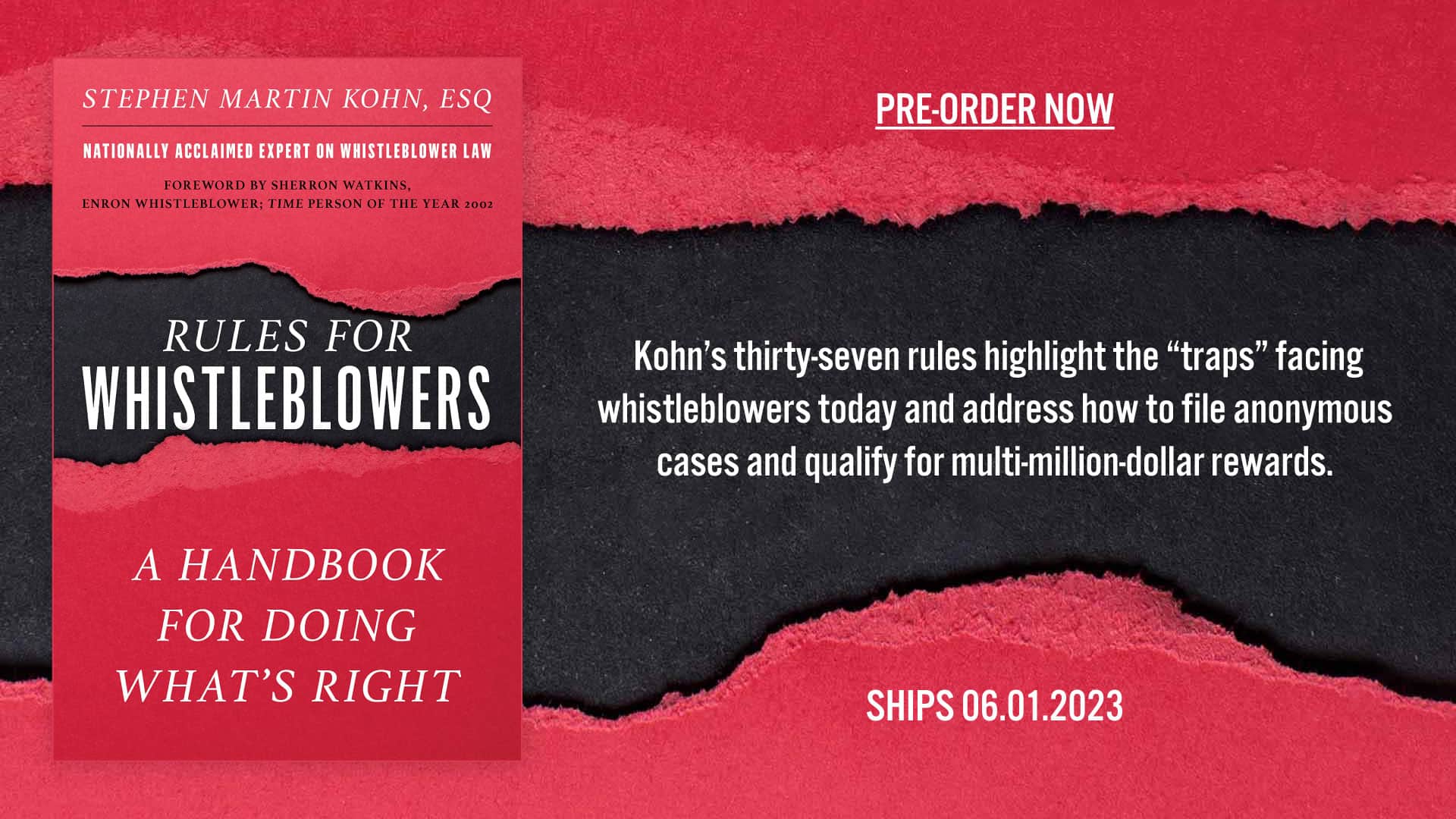An IRS whistleblower is a person who reports criminal and non-criminal violations of IRS tax code. This may include tax evasion, such as offshore banking, shell accounts, money laundering and false reporting, or the non-criminal underpayment of taxes. IRS whistleblowers are often incentivized by doing what’s right, but rewards are also available for those eligible.
To file a whistleblower, claim with the IRS and become eligible for rewards, whistleblowers must file a claim form (IRS Form 211) that must be signed under oath. IRS whistleblowers who file claims with specific and credible information are eligible for a reward of between 15 and 30 percent of the sanctions collected by the IRS. Since the inception of the IRS Whistleblower Reward Program, the IRS has awarded over $1 billion to whistleblowers.
IRS whistleblowers should learn about their rights and protections before filing a claim. If a whistleblower chooses to go to the media, confidentiality and protection is not guaranteed. We advise all U.S. and foreign IRS whistleblowers to find a reputable whistleblower attorney to help protect their identity, file claims, and manage the process on their behalf.



